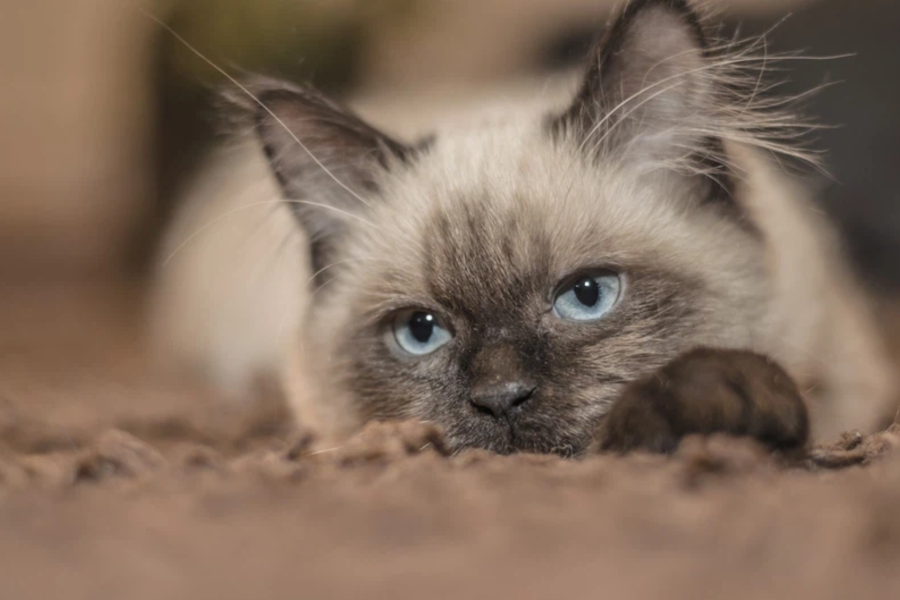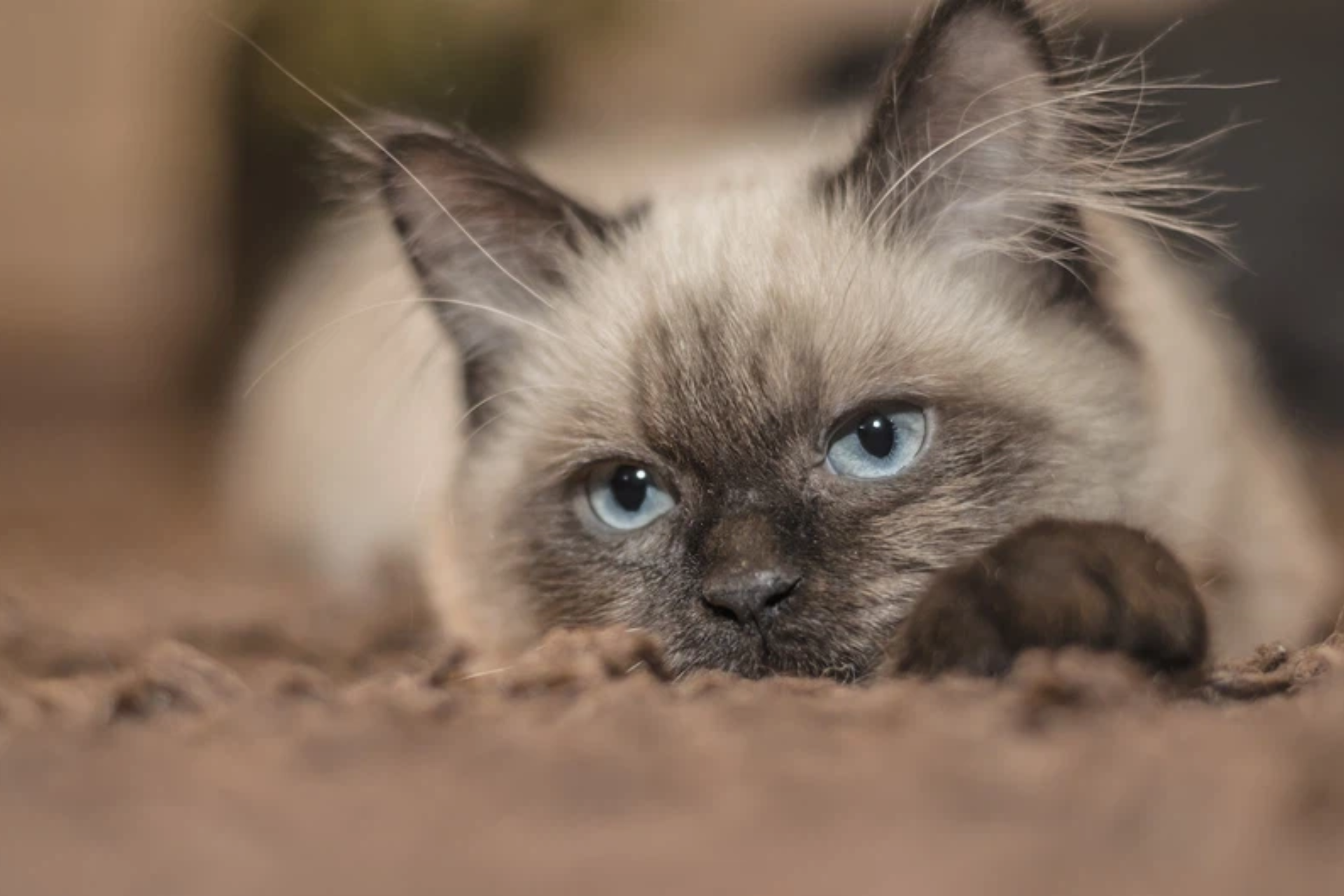
What should I do if my elderly cat won’t eat?
It can be concerning when your elderly cat loses interest in food all of a sudden. A decrease in appetite can be a sign of illness and may warrant a visit to the vet. If your elderly cat stops eating for over 24 hours or experiences weight loss, it is advisable to book an emergency […]

It can be concerning when your elderly cat loses interest in food all of a sudden.
A decrease in appetite can be a sign of illness and may warrant a visit to the vet.
If your elderly cat stops eating for over 24 hours or experiences weight loss, it is advisable to book an emergency appointment with your veterinarian.
Do you have a pet video or picture you’d like to share with The South African?
If so, email info@thesouthafrican.com or WhatsApp to 060 011 021 1
HELP FOR YOUR ELDERLY CAT
It’s uncommon for an older cat to suddenly develop a preference for different food.
If your cat starts eating less than usual, you can try a calorie-dense food.
Calorie-dense foods provide more calories per bite, allowing your cat to meet their nutritional needs with smaller portions.
Cats may eat more of a soft-textured diet, such as wet food, as it releases enticing aromas.
ALSO READ: Tips for socialising with an adult dog
Whichever food you choose, make sure it has an adequacy statement on the label and is complete and balanced for adult cats.
If your cat has an ongoing medical condition, consult your vet before making any diet changes.
WHEN ALL ELSE FAILS
Cats prefer meals that are at body temperature, so you can gently warm up wet food to make it more appetizing for finicky eaters.
Warm wet food releases a strong aroma that can stimulate your cat’s appetite.
If you warm your cat’s food in the microwave, ensure it is not warmer than body temperature before serving.
If warming the food is not an option, you can make the meal more interesting by adding a small amount of plain, boiled chicken or a pet store meal topper.
Ensure that any additions to your cat’s meal make up no more than 10 percent of their daily calories to maintain a balanced diet.
Some cats prefer to have someone sit with them during mealtime, and they may be more likely to eat food offered by hand.
ALSO READ: Can dogs fake injuries?
Elderly cats can be sensitive to their environment.
High-traffic areas like the kitchen or living room may not be the best locations for your cat to enjoy meals.
Consider keeping the food bowl in a quiet and comfortable area of your home.
It’s important to keep the litter box separate from the food and water bowls.
CLICK HERE TO READ MORE ARTICLES BY LISA GREYSON
This article was compiled with the help of Artificial Intelligence
